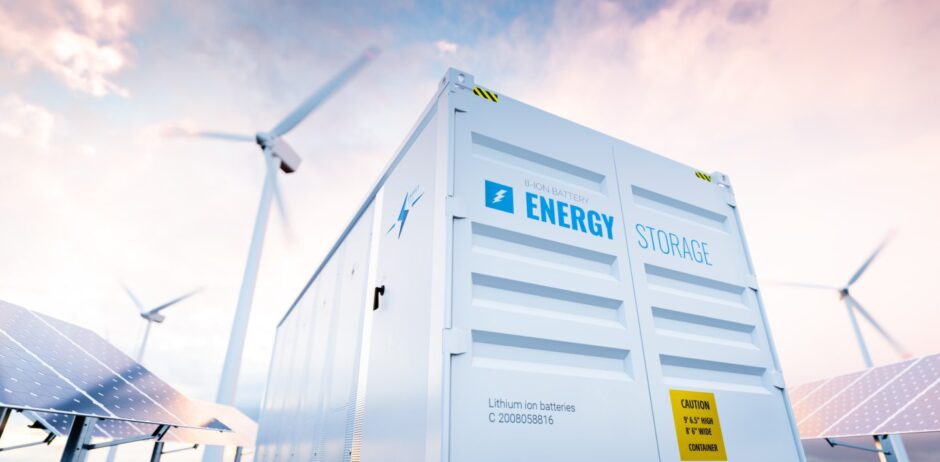
Rebecca Devine, solicitor in Shepherd and Wedderburn’s property and infrastructure team, discusses battery energy storage systems and the challenges that come with them.
Battery energy storage systems (BESS) have an integral role to play in Scotland’s race to reach its net zero target. By storing renewable energy and releasing it to the grid when the power is needed most, BESS projects help to balance supply and demand, managing the unpredictability that comes from weather-dependent energy generation.
BESS projects may be seen as more desirable for developers and landowners alike, as the projects are relatively compact and the construction works are far less invasive than other technologies, such as wind. Nonetheless, developers of BESS projects face the same challenges as any renewable development when securing land rights, with access to site being a key issue.
In an ideal world, the site would have direct access from a public road, however, this is not always possible.
Challenges of BESS projects
Use of Private Access Tracks
If use of a private track is required, it can often be the case that the landowner of the proposed BESS site (the “Site Owner”) will not own the entirety of the track. Part of the track may run through neighbouring land owned by separate, or in some cases multiple, landowners (“Track Owner”).
In this scenario, the primary site will benefit from servitude rights of access over the track, which they can pass down to the BESS developer through a lease. The servitude rights could be for a specific purpose, e.g. for access to a private dwellinghouse, in which case the rights of access could not be utilised for a BESS project.
Alternatively, the servitude could be a general right to use the access track for any purpose. In this scenario, the assumption can be that the servitude right of access is suitable for use for a BESS project, but this might not always be the case.
Reliance on an existing servitude
While there may not be any limitation on the purpose of the use of the servitude right, there is a distinction between the purpose and manner of exercise of a servitude.
The manner of exercise of all servitude rights is subject to legally implied conditions. One such condition is that the servitude right cannot be exercised in a way which increases the burden beyond what was in the contemplation of the parties at the time when it was granted.
What is an increase of the burden?
An increase in the burden can be measured in several ways, including an increase in the volume/nature of the traffic, noise level and/or costs of maintenance and repair of the track.
Such an increase would be more obvious with a wind farm development, due to the nature of the access required to facilitate the delivery and installation of turbines. However, in the case of a BESS project, it could be argued that the use of the track could be likened to any other development.
What was in contemplation of the parties?
We then need to consider what the parties intended when the servitude was granted. If, for example, the servitude was granted in the 1800s, we can safely say that use of the track for access to a BESS site was not contemplated. Nonetheless, it could be suggested that the parties’ knowledge that the site would be developed in some capacity would be sufficient.
If evidence was available that the future development of the site was contemplated by the parties when the servitude was granted, it is possible to use such evidence to support a view that use of this right for access to a BESS project would be acceptable.
Proposed approach
Reliance on an existing general servitude for access on this basis is risky. This could expose the BESS project’s access rights to challenge by a future funder, purchaser, or track owner, wishing to contest the developer’s use of the track.
Furthermore, obtaining evidence of what was in contemplation of the parties is cumbersome, as with the passage of time the original intention of the parties can be forgotten, and any such evidence may be insufficient to satisfy a funder or purchaser.
The safer approach is to obtain a servitude right of access which expressly refers to use of the track for the purposes of constructing and operating a BESS project (and should also expressly refer to the right to install conducting media if required). This avoids uncertainty as to the intention of the parties, ensures the BESS project’s access rights are indisputable and protects the developer from getting embroiled in defending their use of the track at a critical moment.
Shepherd and Wedderburn is headline sponsor of All-Energy, the UK’s largest renewable and low-carbon energy exhibition and conference, taking place in Glasgow on May 15-16. Visit the All-Energy hub to find out more.
Recommended for you
